This article was co-authored by Zora Degrandpre, ND. Dr. Zora Degrandpre is a Natural Health Doctor and Licensed Naturopathic Physician in Vancouver, Washington. She is a grant reviewer for the National Institutes of Health and the National Center for Complementary and Alternative Medicine. She received her ND from the National College of Natural Medicine in 2007.
There are 12 references cited in this article, which can be found at the bottom of the page.
wikiHow marks an article as reader-approved once it receives enough positive feedback. In this case, 93% of readers who voted found the article helpful, earning it our reader-approved status.
This article has been viewed 136,840 times.
A boil is a skin infection that causes a pus-filled bump to form under your skin. These can be very painful and unsightly. Fortunately, in most cases you can treat your boil naturally at home and most people don’t need further medical care. You do have to be careful not to spread the infection, however, so be patient and follow the right steps to heal the boil without any complications. If your boil doesn’t go away after 2 weeks, or if it’s very painful or causes a fever, then see a dermatologist for further treatment.[1]
Steps
Proper Wound Care
Treating a boil properly requires some patience while you let it drain. While this can be a slow process, it prevents further pain, inflammation, and infections. If you’ve been treating your boil at home for 2 weeks and it hasn’t gone away or improved, then see a dermatologist for further treatment.[2]
-
1Avoid popping, squeezing, or picking at the boil. This might be tempting, but you’ll do more harm than good if you try to pop the boil yourself. You’ll spread the boil bacteria all over your skin, which could cause more boils in different spots. You could also push pus deeper into your skin and cause an abscess. Have patience and treat the boil properly without trying to pop it.[3]
- If you go to the dermatologist, they may lance and drain the boil, but this isn’t the same as popping your boil at home. A dermatologist is a medical professional with sterile equipment, so they can do this without causing further harm.
-
2Wash the boil with antibacterial soap and water twice a day. Keeping the area clean is very important to prevent the boil from spreading or getting infected. Wet the boil with warm water and gently rub it with regular soap. Then rinse all of the soap off. Do this twice a day until the boil heals, including after it starts draining.[4]
- Don’t scrub the boil hard. You could cause irritation or break the skin.
- You don’t need strong soap either. Normal antibacterial soap will work fine.[5]
Advertisement -
3Hold a warm washcloth on the boil for 10-20 minutes 3-4 times per day. This helps draw the pus the surface and drain the boil. Wet a wash cloth with warm water and press it against the boil. Hold it in place for 10-20 minutes at a time.[6]
- This treatment won’t work right away. You’ll have to continue for 5-7 days in a row to bring the pus to the surface.[7] Stay patient and continue the heat treatment 3-4 times per day until the boil starts draining.
-
4Cover the boil after it ruptures. After a few days of heat treatment, the boil will start draining. When this happens, keep it covered at all times with sterile gauze. This prevents the infection from spreading and keeps bacteria out of the wound.[8]
- Put on a fresh bandage every time you wash or soak the boil to prevent infections.
- If you use a sticky bandage, make sure the adhesive part isn’t touching the boil.
-
5Continue applying heat for at least 3 days after it starts draining. When the boil ruptures, there will still be some pus under your skin’s surface. Keep applying heat 3-4 times a day for at least 3 days after the boil starts draining to draw out all the remaining pus. If any is left over, the boil will come back.[9]
- You might be tempted to start squeezing the boil to get the rest of the pus out, but resist the urge. Let it come out naturally to avoid further infections or inflammation.
- If 3 days go by and the boil still seems inflamed or you see more pus in the wound, then keep applying the heat to get the rest of it out.
Preventing the Boil from Spreading
Unlike pimples or acne, boils are actually contagious. You could spread the bacteria to other parts of your body or other people.[10] While you’re waiting for your boils to heal, take some steps to contain the bacteria and make sure the boil stays contained.
-
1Wash your hands before and after touching the boil. This is very important for keeping bacteria out of the boil and also preventing the boil from spreading to other areas of your body. Whenever you wash the boil, change your bandage, apply a washcloth, or touch the boil in any way, wash your hands thoroughly before and after.[11]
- This is why keeping the boil covered is helpful. It prevents you from accidentally touching the boil and spreading bacteria.
-
2Clean towels or washcloths that you use to wash the boil after 1 use. As soon as you use any towels or washcloths on the boil, they’re contaminated, so don’t use them more than once. Put them in the wash as soon as you use them and clean them thoroughly before using them again.[12]
- It’s helpful to designate a few towels or washcloths as your boil-cleaning ones so you don’t get confused and use the wrong ones. This is a good way to avoid spreading the infection.
-
3Seal all old bandages and gauze in a plastic bag. Used bandages and gauze could spread the infection, so keep them contained. Put them in a sealed plastic bag and then throw them in the trash. This prevents the fluid from leaking out.[13]
-
4Wash your clothes and bedding with hot water to kill bacteria. The boil could spread to other parts of your body on your clothes or sheets, so wash all of these items regularly. Use the hot water setting to kill any bacteria on them.[14]
- Hot water can damage some fabrics or cause colors to fade. Check the care label on all of your clothes and bedding to make sure using hot water is safe.
-
5Use your own towels, sheets, washcloths, and personal items. Boils can also spread to other people, so don’t share anything with others in your home. Use your own towels and personal items so no one else catches the infection. Don't share clothes either.[15]
- Using your own personal items is a good practice even if you don’t have a boil. It prevents all kinds of infections from spreading between people.
Expert Q&A
-
QuestionI've had this large boil on my left buttock. I've been given me antibiotics and some pain pills, but the relief doesn't last long. My fear is that it's draining blood and not pus.
 Zora Degrandpre, NDDr. Zora Degrandpre is a Natural Health Doctor and Licensed Naturopathic Physician in Vancouver, Washington. She is a grant reviewer for the National Institutes of Health and the National Center for Complementary and Alternative Medicine. She received her ND from the National College of Natural Medicine in 2007.
Zora Degrandpre, NDDr. Zora Degrandpre is a Natural Health Doctor and Licensed Naturopathic Physician in Vancouver, Washington. She is a grant reviewer for the National Institutes of Health and the National Center for Complementary and Alternative Medicine. She received her ND from the National College of Natural Medicine in 2007.
Natural Health Doctor The only way to tell is to have someone take a look at the boil. If you can, carefully take off any bandages and use a mirror to check. Get some help if you need to. If you are still concerned, call your doctor and make an appointment so that it can be checked. In the meantime, make sure you take all your prescribed medicine.
The only way to tell is to have someone take a look at the boil. If you can, carefully take off any bandages and use a mirror to check. Get some help if you need to. If you are still concerned, call your doctor and make an appointment so that it can be checked. In the meantime, make sure you take all your prescribed medicine. -
QuestionI have a boil on back of my leg. It has already popped, but why is the area so large?
 Zora Degrandpre, NDDr. Zora Degrandpre is a Natural Health Doctor and Licensed Naturopathic Physician in Vancouver, Washington. She is a grant reviewer for the National Institutes of Health and the National Center for Complementary and Alternative Medicine. She received her ND from the National College of Natural Medicine in 2007.
Zora Degrandpre, NDDr. Zora Degrandpre is a Natural Health Doctor and Licensed Naturopathic Physician in Vancouver, Washington. She is a grant reviewer for the National Institutes of Health and the National Center for Complementary and Alternative Medicine. She received her ND from the National College of Natural Medicine in 2007.
Natural Health Doctor The area affected by the boil is sometimes larger than the boil itself. Sometimes if the boil is broken too roughly, the area may seem larger than the original boil. Keep the area clean and covered and don't worry-- it should heal soon.
The area affected by the boil is sometimes larger than the boil itself. Sometimes if the boil is broken too roughly, the area may seem larger than the original boil. Keep the area clean and covered and don't worry-- it should heal soon.
Warnings
- There are a lot of natural remedies for boils floating around the internet, including tea tree or neem oil, turmeric, and garlic. There are no studies showing that these treatments are effective and no doctors recommend them as home treatments. You should avoid them so you don't do more harm than good.[19]⧼thumbs_response⧽
- You should also call your doctor if the boil is on your face, spine, or anus. These boils might need special treatment.[20]⧼thumbs_response⧽
References
- ↑ https://www.nhs.uk/conditions/boils/
- ↑ https://www.nhs.uk/conditions/boils/
- ↑ https://www.ncbi.nlm.nih.gov/books/NBK513141/
- ↑ https://www.uofmhealth.org/health-library/zx1778
- ↑ https://medlineplus.gov/ency/article/001474.htm
- ↑ https://www.nhs.uk/conditions/boils/
- ↑ https://www.advancedderm.net/boils/
- ↑ https://healthyhorns.utexas.edu/HT/HT_boils.html
- ↑ https://www.uofmhealth.org/health-library/zx1778
- ↑ https://www.healthychildren.org/English/health-issues/conditions/infections/Pages/Boils-Abscess-and-Cellulitis.aspx
- ↑ https://medlineplus.gov/ency/article/001474.htm
- ↑ https://www.mountsinai.org/health-library/diseases-conditions/boils
- ↑ https://medlineplus.gov/ency/article/001474.htm
- ↑ https://www.nhs.uk/conditions/boils/
- ↑ https://www.uofmhealth.org/health-library/zx1778
- ↑ https://www.aocd.org/page/Boils
- ↑ https://www.kidshealth.org.nz/how-treat-when-seek-help-boils
- ↑ https://www.aad.org/public/everyday-care/injured-skin/treat-boils-styes
- ↑ https://www.betterhealth.vic.gov.au/health/conditionsandtreatments/herbal-medicine
- ↑ https://www.uofmhealth.org/health-library/zx1778
About This Article
To get rid of a boil naturally, try using heat. Simply apply a warm compress to your boil for 10 minutes at a time until it disappears or comes to a head. You can also use tea tree oil to cure a boil. First, dip a cotton ball into some tea tree oil, then rub it on the boil. Repeat this process at least 2 to 3 times a day, to help fight infection. Alternatively, make a paste with cumin powder and castor oil, and put it on the boil every 12 hours to reduce swelling and the risk of infection. For more tips from our Medical co-author, including when to seek medical treatment for a boil, keep reading!
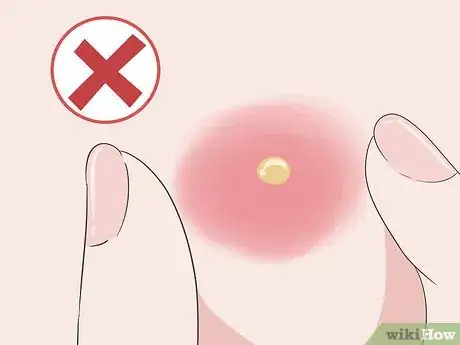
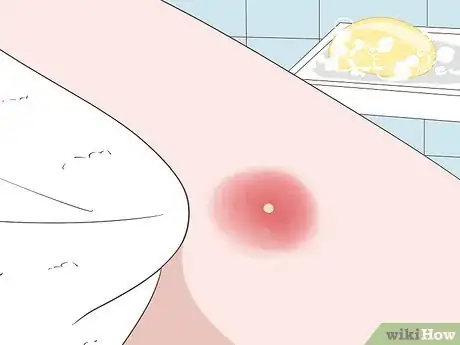
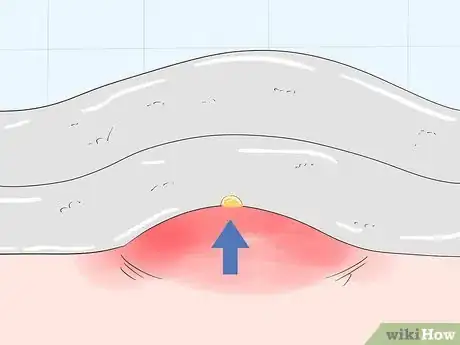
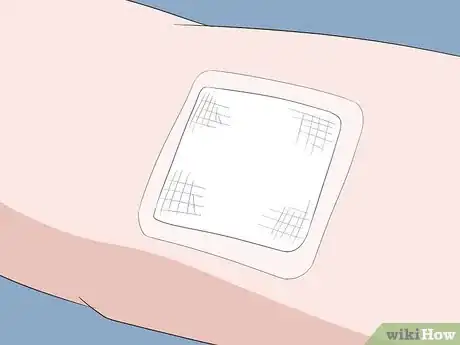
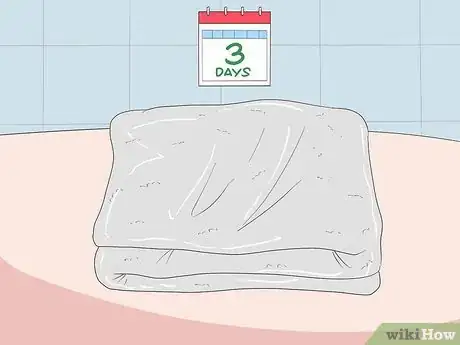
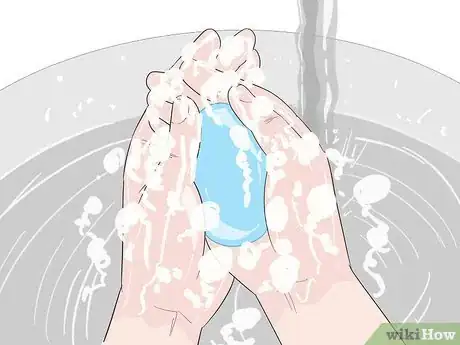
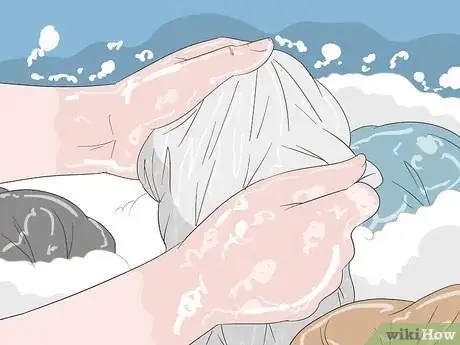
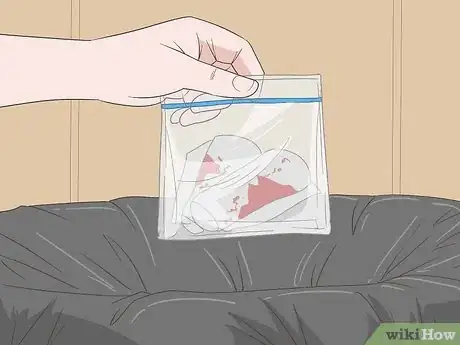
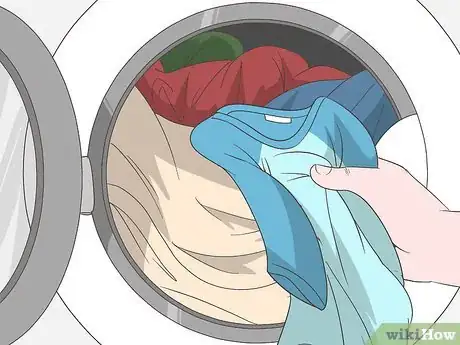
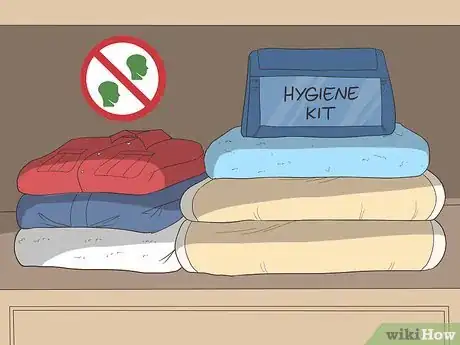


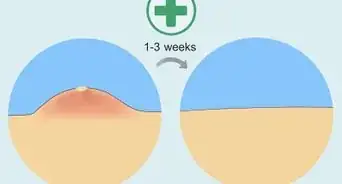
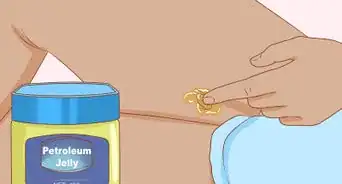


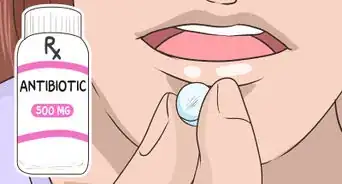
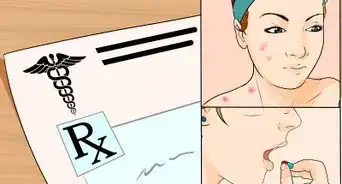
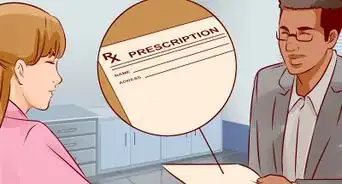

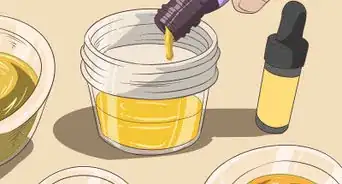
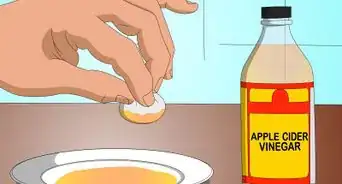
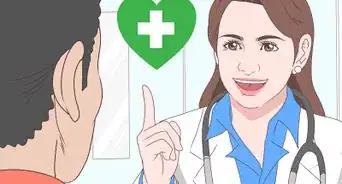
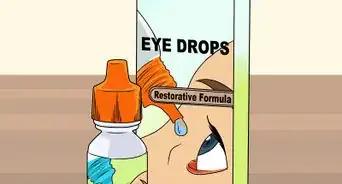










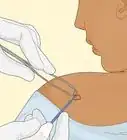

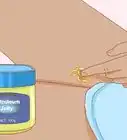



































Medical Disclaimer
The content of this article is not intended to be a substitute for professional medical advice, examination, diagnosis, or treatment. You should always contact your doctor or other qualified healthcare professional before starting, changing, or stopping any kind of health treatment.
Read More...